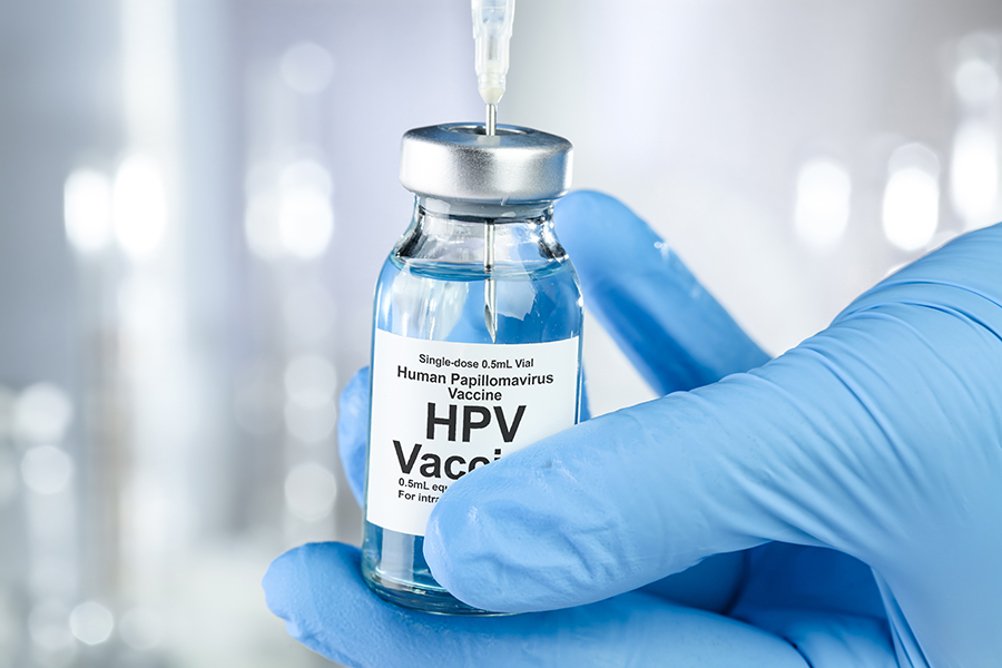MUSCAT: The Sultanate of Oman has launched a nationwide program to administer the HPV vaccine to sixth-grade students in both public and private schools, marking a significant step toward strengthening public health and preventing reproductive cancers. This initiative, implemented in collaboration with the Ministry of Health, aligns with recommendations from the World Health Organization and aims to reduce the risk of cervical and other related cancers in both male and female students. By targeting children at school age, the program seeks to maximize coverage and long-term immunity, ensuring the health of future generations.
To prepare for the rollout, the Directorate General of Health Services in Musandam conducted a comprehensive workshop to train healthcare workers on the vaccine’s benefits, administration procedures, and safety protocols. Similar training sessions are scheduled across other governorates to maintain consistency and quality in vaccine delivery. The program emphasizes adherence to international standards and best practices, ensuring that healthcare professionals are well-equipped to manage distribution and address any concerns from parents or students effectively.
Badr bin Saif al Rawahi, Acting Director General of the Centre for Disease Control and Prevention, highlighted that introducing the vaccine at the school level is a strategic approach to preventive healthcare. The program is guided by national health data and global research, ensuring that interventions are both evidence-based and impactful. Public awareness campaigns are also integral, aiming to educate communities about the vaccine’s importance and the long-term benefits of early immunization against HPV-related cancers.
The decision to include the HPV vaccine in the national immunization schedule followed a thorough assessment by the National Technical Committee for Vaccines and Serums. The committee reviewed local infection trends, potential health benefits, and the economic impact of preventing HPV-related illnesses. Training for health professionals will focus on essential operational aspects such as cold chain management, proper handling of doses, distribution protocols, and community engagement strategies, ensuring a safe and efficient implementation nationwide.



